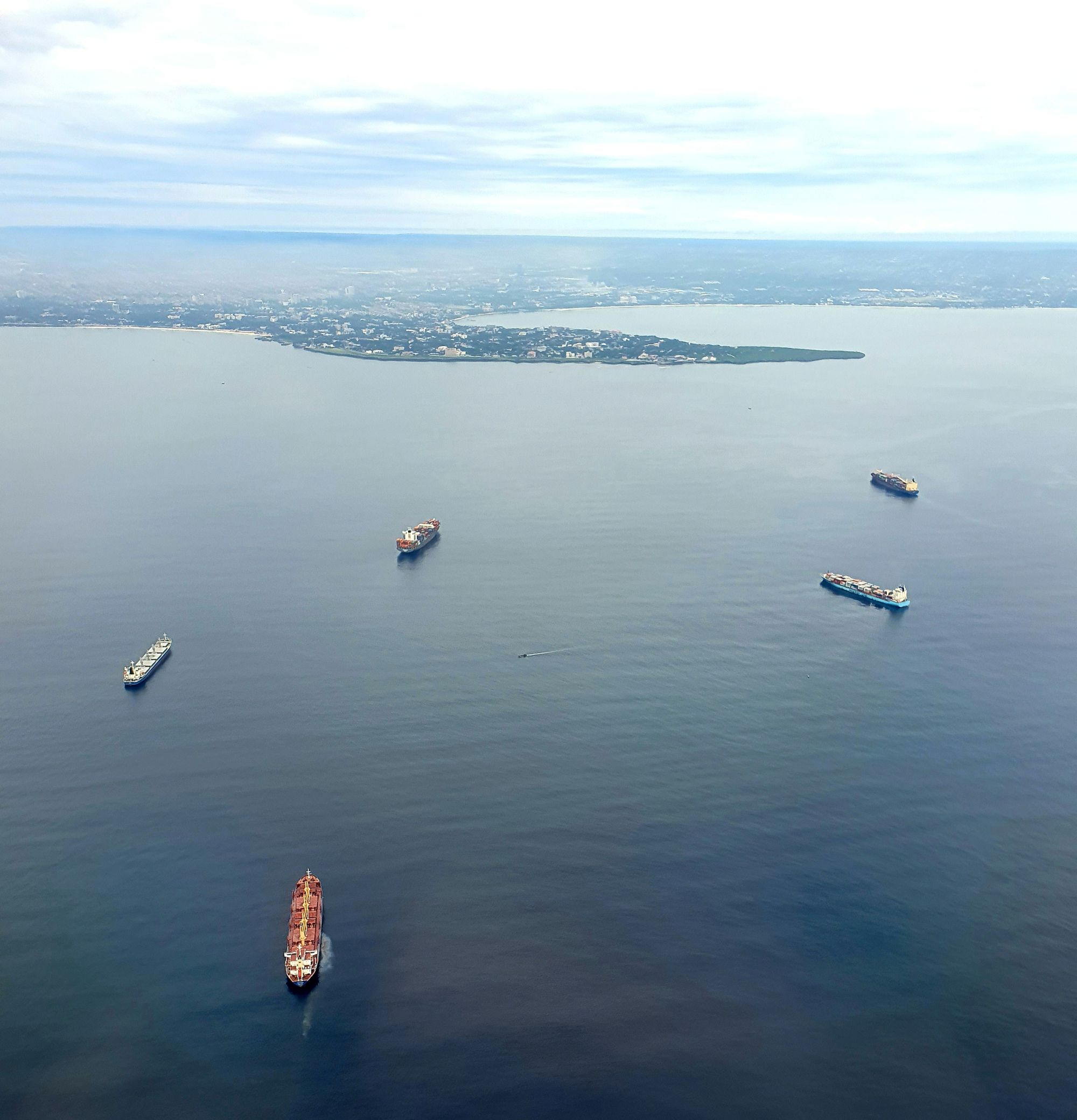When saving lives at sea takes its toll: Seafarer well-being after mass rescue

WHEN SAVING LIVES AT SEA TAKES ITS TOLL : SEAFARER WELL-BEING AFTER MASS RESCUE
Every year, thousands of people fleeing conflict, poverty, and instability attempt perilous journeys across the world’s seas. Increasingly, commercial ships are called on to assist when boats get into distress. For many seafarers, supporting the rescue of migrants and refugees is one of the most meaningful acts of their careers. Yet it can also be one of the most stressful. At the dialogues convened by the Foundation for Humanitarian Action at Sea, a variety of stakeholders have repeatedly raised the impact of mass rescue on the mental and physical well-being of seafarers. It is vital to recognise the importance of this issue and to compile the resources available for seafarers.
A hidden strain on the crew
While seafarers are trained to handle emergencies, few are prepared for the psychological toll of rescuing large groups of people at sea. In many cases, migrants and refugees will have been at sea without food or water for days or weeks. They may be sick, injured, and in many cases bodies of the deceased will still be aboard. In addition, many migrants and refugees come from the same regions and similar circumstances as seafarers themselves, making the witness of their plight even more profound. Research shows that traumatic experiences such as witnessing death, providing first aid under extreme conditions, or coping with the fear of violence can lead to long-lasting mental health impacts. A 2019 study on seafarers’ potentially traumatic experiences found that those involved in rescues reported symptoms consistent with post-traumatic stress disorder (PTSD) and high levels of emotional strain. These studies have been supported by the experience of counselling organisations like the International Seafarer Welfare and Assistance Network (ISWAN).
Recognition by the shipping industry and unions
The shipping industry and seafarer unions recognise the importance of seafarer well-being for moral and practical reasons. Fatigue, a potential side effect of poor mental well-being, has been cited by the International Maritime Organisation and scientific studies as a leading cause of maritime accidents. A 2022 report by the American Club and Seamen’s Church Institute stressed that poor mental health can affect decision-making, safety culture, and retention—and calls for employers to prioritize prevention and care.
The International Chamber of Shipping, in its 2015 guidelines, noted: Seafarers may experience stress or psychological after effects following a rescue operation. The full psychological impact on the Master and/or crew from involvement in a rescue operation may only become apparent after the passage of time, perhaps even after the seafarer has left the vessel. The Company and ship’s plans and procedures should address this possibility, with appropriate support and monitoring of crew members.
The international union Nautilus International documented the human consequences of migrant rescues on crews, including exhaustion, fear of legal or political repercussions, and the challenge of providing humanitarian care in cramped conditions.
Industry surveys suggest that concern is widespread. A 2025 feature in Ship Technology asked bluntly: “Is there a mental health crisis among seafarers?” and found that isolation, stigma, and lack of access to services remain serious obstacles, even as awareness has improved.
Rescue organisations themselves are grappling with these issues. The International Maritime Rescue Federation (IMRF) highlights the risk of PTSD among professional and volunteer rescuers, and urges that psychosocial support be built into maritime SAR operations. Crew members interviewed by SOS Méditerranée in 2025 echoed that each person reacts differently: some cope through teamwork and resilience, while others carry distress long after the event.
Support networks for seafarers
Fortunately, there is now a growing ecosystem of welfare organisations offering mental health and well-being resources. Maritime welfare organisations—including ISWAN, the International Transport Workers’ Federation (ITF), Mission to Seafarers, Stella Maris, and Sailors’ Society—provide helplines, chaplaincy, or wellness programmes.
The Foundation for Humanitarian Action at Sea has compiled [a list of these helplines on its website INSERT HYPERLINK]. For crews who find themselves on the front lines of saving lives at sea, such resources can make the difference between carrying the burden alone and finding a way to process, recover, and continue their vital work.
Moving the conversation forward
The conversation around seafarer well-being is shifting from stigma to recognition. Where once mental health was barely acknowledged in maritime circles, it is now the subject of research, policy papers, and training programmes. Yet gaps remain: many crews still lack easy, confidential access to counselling while on board; few companies provide structured post-rescue debriefings; and stigma persists.
Seafarers who rescue migrants and refugees perform extraordinary humanitarian acts, often in difficult and dangerous conditions. But behind the headlines of ‘heroic rescues’ are men and women who may carry the weight of trauma, grief, and exhaustion. Recognition is growing—from unions, welfare charities, insurers, and rescue organisations—that mental health care for seafarers is as essential as life jackets or radios.
The message to crews is simple: you are not alone, and help is available.
By Ralph Mamiya
